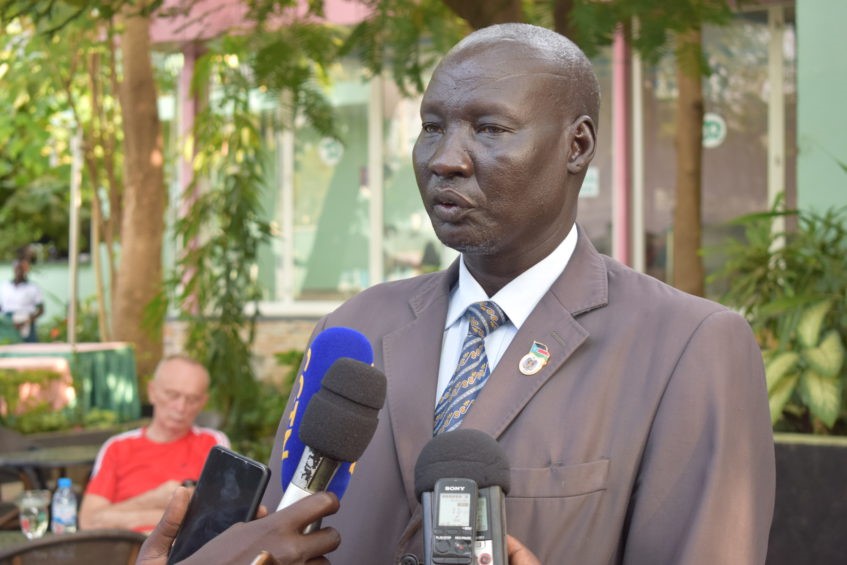By Bida Elly David
National Legislative Assembly has emphasized the need for South Sudan to implement an electronic governance system for efficient public sector management and curb corruption.
The push was prompted by recommendations from the International-Parliamentary Union summit (IPU), attended by South Sudan delegation led by speaker Jemma Nunu in Angola.
Electronic Government (E-GOV) is a web-based Internet application or other information technology to enhance the access to and delivery of government information and services to the public.
The spokesperson of the parliament, John Agany Deng, said the adoption of the e-governance system will help South Sudan fight ongoing corruption.
“We in South Sudan are calling for it to give solutions to corruption cases,” said Agany.
The assembly spokesperson echoed that South Sudan is one of the countries hit by a lot of corrupt elements or leaders, noting that their removal has been so difficult.
Although the executive serves as the first pillar to formulate policies to be digested by the August House, Agany said the IPU meeting empowers them to push for such bills to be drafted by parliament.
“The e-government suggested for South Sudan by the IPU will provide working laws that allow the government to operate efficiently,” Agany noted.
He argued that lawmakers, as people’s representatives, won’t be tight-lipped on issues that affect the public.
He underlined that there have been cases of misconduct within public institutions, especially in the executive, that require parliamentary pressure and oversight.
“The IPU decision is something very rich and good because it was generated by world parliamentary leaders, including South Sudan; thus, we can’t be silent,” Agany stressed.
In July this year, the former National Minister of Finance and Economic Planning, Dier Tong Ngor, sought to strengthen the financial intelligence unit to check on crimes within the institutions.
In the presentation of an assessment report, Ngor urged the cabinet to increase allocations for the ministry to boost the Financial Intelligence Unit (FIU) to mitigate crimes in the Treasury.
He stated that the Financial Intelligence Unit at the ministry remained dormant due to a lack of funding needed for the budgetary allocation.
However, the minister didn’t explain whether his quest for the revamping of the unit has been formed as a result of cases of financial mismanagement and money laundering in the country.
But the spokesperson of the government, Michael Makuei, told journalists that there was no way the cabinet would come up with another budget for the running of the Finance Intelligence Unit (FIU) when the fiscal budget was already in parliament.
Since then, the plan to adopt the intelligence device has never materialized, although the proposal was passed by the cabinet.




